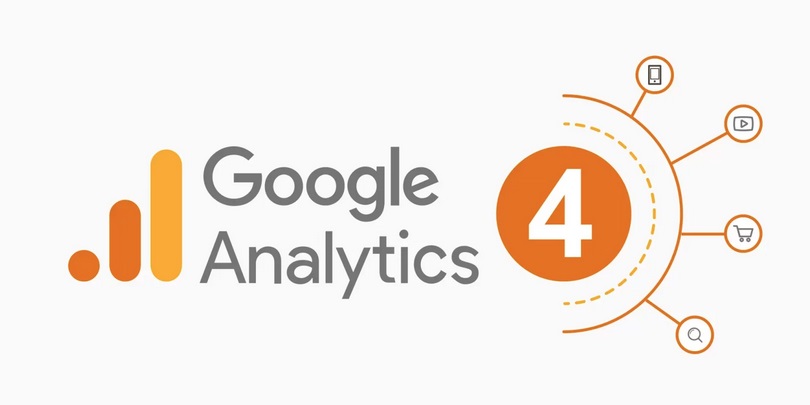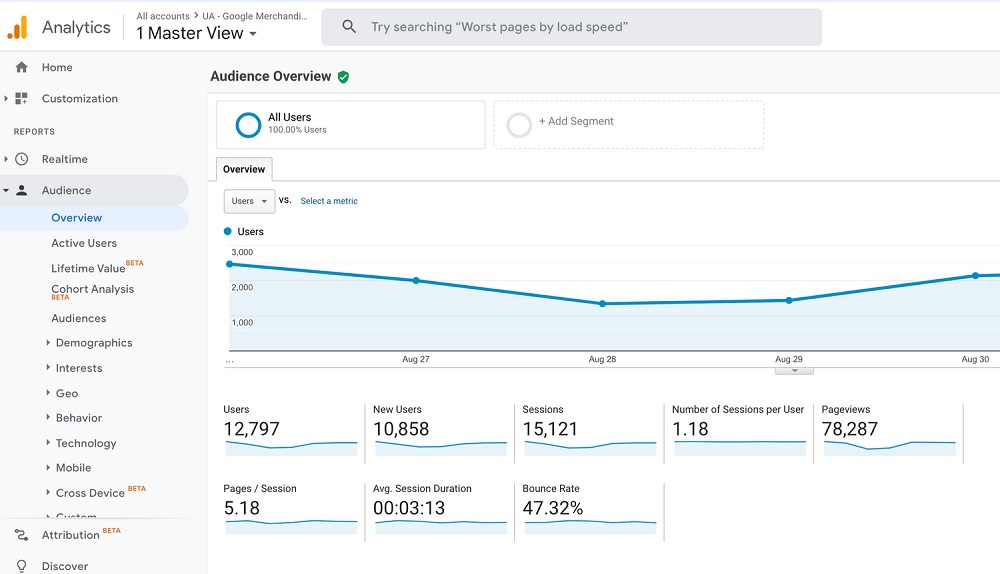
Google Analytics: A Guide for Modern Advertisers
Google Analytics stands as a pivotal tool in the digital marketing arsenal, offering insights and data crucial for successful online advertising strategies. This article will explore the essence of Google Analytics, its functionalities, the availability of a premium version, and how it benefits advertisers, especially those new to the field.
What is Google Analytics and Its Origin
Google Analytics, introduced by Google in November 2005, is a web analytics service that provides statistics and basic analytical tools for search engine optimization (SEO) and marketing purposes. It’s part of the Google Marketing Platform and is available for free to anyone with a Google account.
Its creation marked a significant shift in web analytics, offering users an in-depth view of their website’s performance, visitor demographics, and engagement patterns. Over the years, Google Analytics has evolved, adding new features and capabilities to help businesses understand and improve their online presence.
Functionality and Usage of Google Analytics
Tracking User Interaction
Google Analytics operates by tracking and compiling data on user interaction with websites and applications. It uses tracking codes in the website’s coding to record activities like page views, session duration, and user behavior patterns.
Data Analysis and Reporting
It provides detailed reports that help in understanding traffic sources, user behavior, and website effectiveness. This data is vital for making informed decisions to optimize websites and marketing campaigns for better performance.
Customization and Integration
The platform allows for customization to focus on specific metrics relevant to a business’s goals. It also integrates well with other Google services like AdWords and Search Console, providing a comprehensive view of online marketing efforts.
The Premium Version: Google Analytics 360
Google Analytics 360 is the premium version of Google Analytics, offering advanced features designed for enterprise-level companies. It provides more sophisticated and detailed data analysis, higher data limits, and more personalized support.
This version is tailored for businesses with extensive data needs and who require more in-depth insights. It includes features like unsampled reports, data-driven attribution, and integration with Salesforce.
While the standard version of Google Analytics is sufficient for most users, Google Analytics 360 caters to those needing more granular data and custom features.
Benefits for Advertisers
Google Analytics is invaluable for advertisers. It helps in identifying the most effective marketing channels, understanding customer behavior, and measuring the return on investment (ROI) of advertising campaigns.
By providing detailed user demographics and behavior insights, it allows advertisers to target their campaigns more effectively, improving both reach and relevance.
Tips for Novice Advertisers Using Google Analytics
For those new to advertising, Google Analytics can seem daunting. However, by focusing on key metrics like traffic sources, user engagement, and conversion rates, new advertisers can gain valuable insights to shape their strategies.
It’s also important to set up goals and conversion tracking to measure the success of campaigns accurately. Utilizing the platform’s customization features can also streamline the data to be more relevant to specific advertising goals.

Advice for Beginners in Advertising
Beginners in advertising should start by familiarizing themselves with the basic features of Google Analytics. Understanding terms like sessions, bounce rate, and conversion will be crucial in interpreting data correctly.
It’s also recommended to regularly review and analyze the data to identify trends and make necessary adjustments to campaigns. Continuous learning and adapting are key in the dynamic field of online advertising.
Conclusion: The Value of Google Analytics in Advertising
Google Analytics is more than just a tool; it’s an essential component for any successful online advertising strategy. Its ability to provide deep insights and real-time data makes it invaluable in today’s digital marketing landscape.
For advertisers, mastering Google Analytics means gaining a competitive edge, enabling more targeted, efficient, and effective marketing campaigns.
